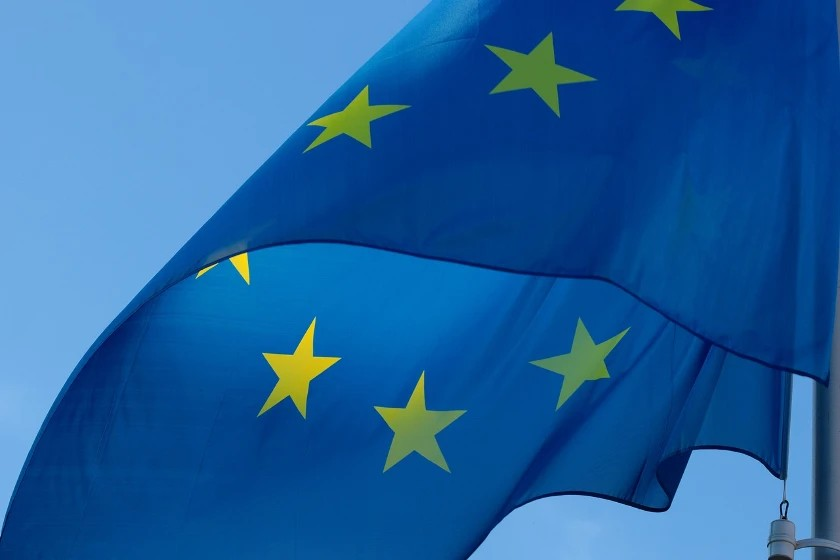In a bold effort to reinvigorate its economic landscape, the European Union executive has laid out a comprehensive plan aimed at revamping the bloc’s economic strategy. According to a report by the Associated Press, these initiatives are designed to address longstanding concerns from industry leaders over high taxes, energy costs, and regulatory frameworks that have been viewed as burdensome.
Read also: European Markets Amid Earnings Success and Trump Tariff Concerns
This new strategy is being described by EU Commissioner Wopke Hoekstra as “a game changer for Europe’s economy,” with a focus on “re-industrializing our European Union.” The plan is seen as a solution to overcome the slow economic growth and market fragmentation that have plagued the region, especially in light of shifting geopolitical dynamics.
Commission Vice President Valdis Dombrovskis emphasized the importance of the plan due to increasing uncertainty with international allies. He articulated the necessity of removing excessive constraints and providing targeted aid to industries, noting, “we cannot hope or expect to successfully compete in a perilous world with one hand tied behind our backs.”
The extensive package includes initiatives such as cutting red tape and managing energy prices, which collectively aim to inject hundreds of billions in investments and secure tens of billions of euros in savings. A highlight of the plan is the proposal for an “industrial decarbonization” bank, projected to raise up to 100 billion euros over the next decade, with potential private sector involvement pushing this figure to 400 billion.
These proposed measures, pending approval from the EU parliament and member states, have stirred controversy among environmental groups. The European Environmental Bureau criticized the plan, arguing it could disproportionately benefit fossil fuel-dependent industries at the expense of the EU’s climate commitments. They expressed concern that this shift undermines the EU’s 2019 European Green Deal, which aimed to set a global standard for environmental policy.
With mounting debates and the potential for regulatory shifts, this plan’s fate will significantly impact the EU’s economic and environmental strategy moving forward.

